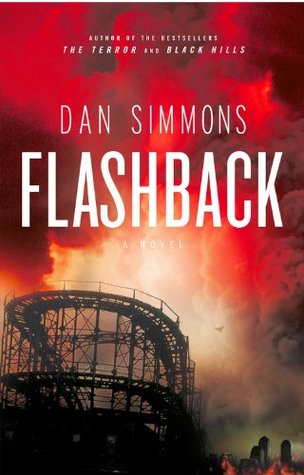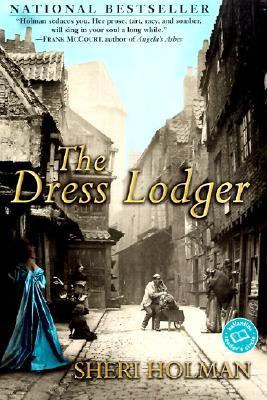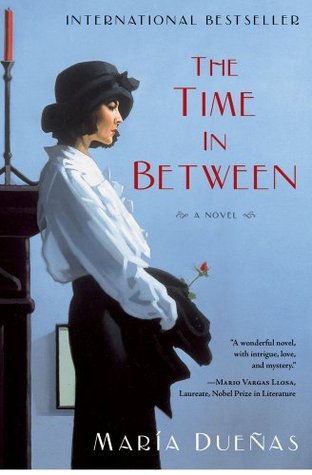One of my writing friends made some very inspiring comments the other day, so I asked her to summarize them for your reading pleasure.
------------------------------------------------------------------------------------
Guest post from Jamie Ferguson:
A while back I finally got back in the groove and started focusing on my writing again. I wanted to finish my book, but I also gave myself the okay to take it slow because I didn't want to get burnt out and stop. I was moving at a glacial pace, but I was moving!
I started to pick up steam last fall. My editor had given me exactly the kind of feedback I needed, I was making progress on editing my book, and I took a writing class from Dean Wesley Smith. But this wasn't enough. I wanted to make real changes in my life. I didn't want to work on my manuscript for a day or two, then do nothing for 3 weeks. I like to compare writing to exercise - when you're in shape, you can't not exercise...but when you're trying to get in shape, you'll use even the most ridiculous excuses to avoid doing anything. I wanted to be in writing shape.
The plan I came up with was to incorporate a variety of writing-related activities into my life on a weekly, preferably daily, basis.
I signed up for two classes: one on book cover design, and one on interior book design. I eventually took another three writing classes. I tried out a few writing podcasts, finally settling on Writing Excuses as my favorite. I started reading writing blogs. I joined a small critique group. I worked on my manuscript whenever I had free time. And I started having writing happy hours with a few other writers. You can discount the latter, but I do not - talking with other writers helps keep you motivated. And combining it with wine doesn't hurt...
My idea was that if I involved myself in many different writing-related activities that I would be more likely to be able to stay focused. So if I took a little time off from my manuscript, but was taking classes, listening to podcasts, and going to a critique group, that I was still focused on writing. Kind of like if you take a few weeks off from running, but you're hiking and lifting weights, you're still used to the idea that exercise is a part of your life.
Incorporating all of this into my life was a challenge in the beginning, but I achieved what I wanted - seven months later I'm still writing diligently on a regular basis. My book was published in April, I'm about to publish a small short story collection, and I'm about 2/3 of the way through my second novel. My plan was a success!
----------------------------------------------------------------------------------
Congratulations and thanks, Jamie!



